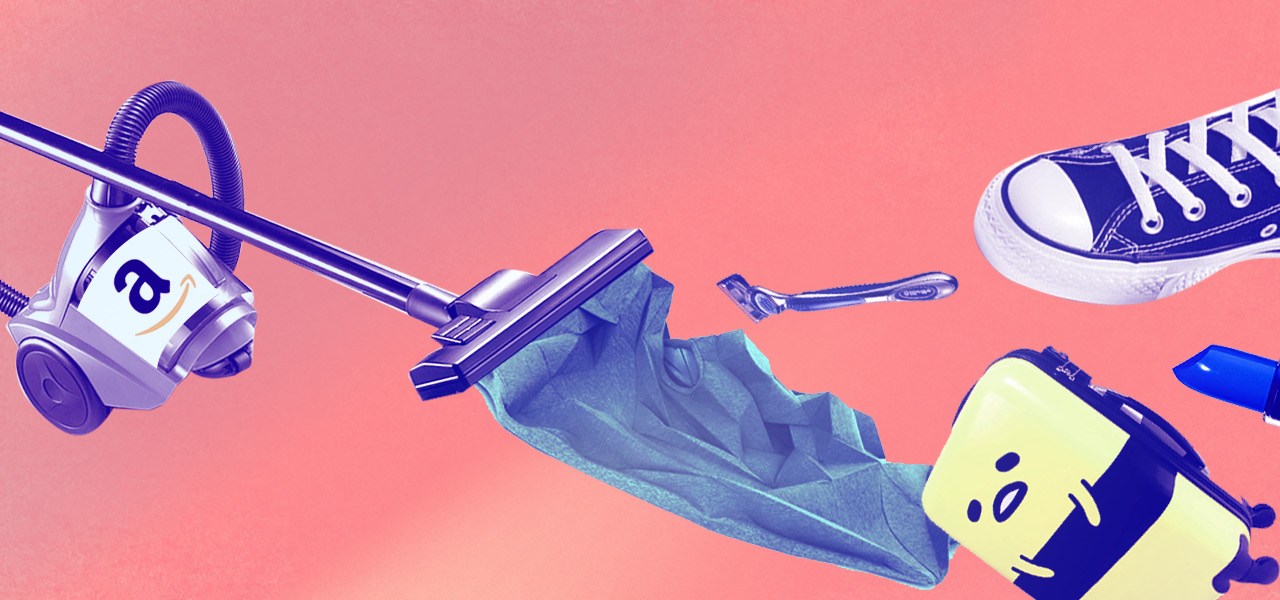Brands are hiring IP watchdogs to help them manage Amazon’s vast gray market

As Amazon has shifted the burden of controlling counterfeits and unauthorized sellers on its marketplace to brand owners, a secondary role has cropped up around the industry: IP watchdogs.
Companies like Vantage BP, MarkMonitor and CompuMark are brand enforcers-for-hire, promising to monitor marketplaces like Amazon for counterfeits and manner of intellectual-property violations. Manufacturers pay a flat-fee per month for the service, tiered depending on how many marketplaces they want monitored. When a seller is flagged as a potential wrongdoer — meaning the seller doesn’t match an authorized seller from the database provided by brands, the company can’t verify a listed product’s source or authentication, and it’s listed under a different Amazon Standard Identification Number than other brand-name products — the hired brand enforcer sends a letter on the brand’s behalf. At the outset, it asks for the source of the seller’s inventory, invoices disclosing inventory level and other company and business information to confirm product authentication.
Brands like JanSport and Unilever use Vantage to help them control the massive volume of unauthorized sellers who source products from other unauthorized channels, like Alibaba, and resell them. While Amazon, eBay and other marketplaces have come under fire for pervasive counterfeit problems, Vantage founder Derick Manlapeg said that measures taken by these companies to combat counterfeit sellers have been largely effective. What’s hurting brands the most now isn’t fake products being sold on Amazon, but the gray market: products being sold illegitimately. When a seller is getting goods they peddle on Amazon from shady sources, the product could be faulty or damaged. Even if the product isn’t of poor quality, gray market sellers usually drive prices down, and post-purchase headaches or customer service that falls below brands’ typical standards could hurt their performance in the long run, by way of bad reviews.
“Amazon’s business is made off third-party sellers that backdoor product and drive prices down,” said Manlapeg. “It benefits Amazon and hurts brands. Everyone wants them to do more — there’s a transparency program for counterfeits, but that’s not the biggest issue anymore.”
Amazon will flag unauthorized sellers, but they’re more difficult for the company to track, since some resellers are legitimate. Amazon has essentially shifted the burden to eliminate fake products and unauthorized sellers to the brands themselves. It’s a problem that PopSockets, a brand combating thousands of resellers on Amazon, has chosen to handle with lawsuits. Hiring a company like Vantage tackles it more en masse. Manlapeg said that, from the company’s data, roughly 65% of sellers pull their listings after being contacted by Vantage, and another 20% provide the proper sourcing information to sell a certain product: If they can provide proof that they purchased an item at a Kmart liquidation sale, for instance, they’re able to resell it on Amazon through retail arbitrage.
Still, it’s an impossible issue to clear out completely.
“It’s total whack-a-mole right now,” said Manlapeg. “And every brand on Amazon is having this issue.” — Hilary Milnes
Ad position: web_incontent_pos1

